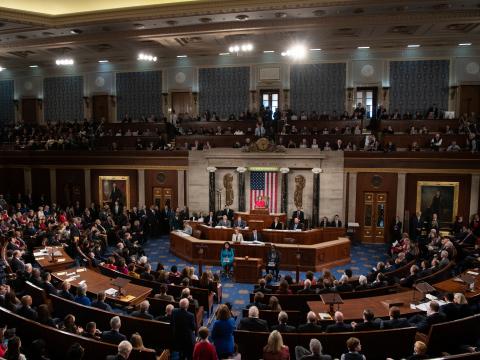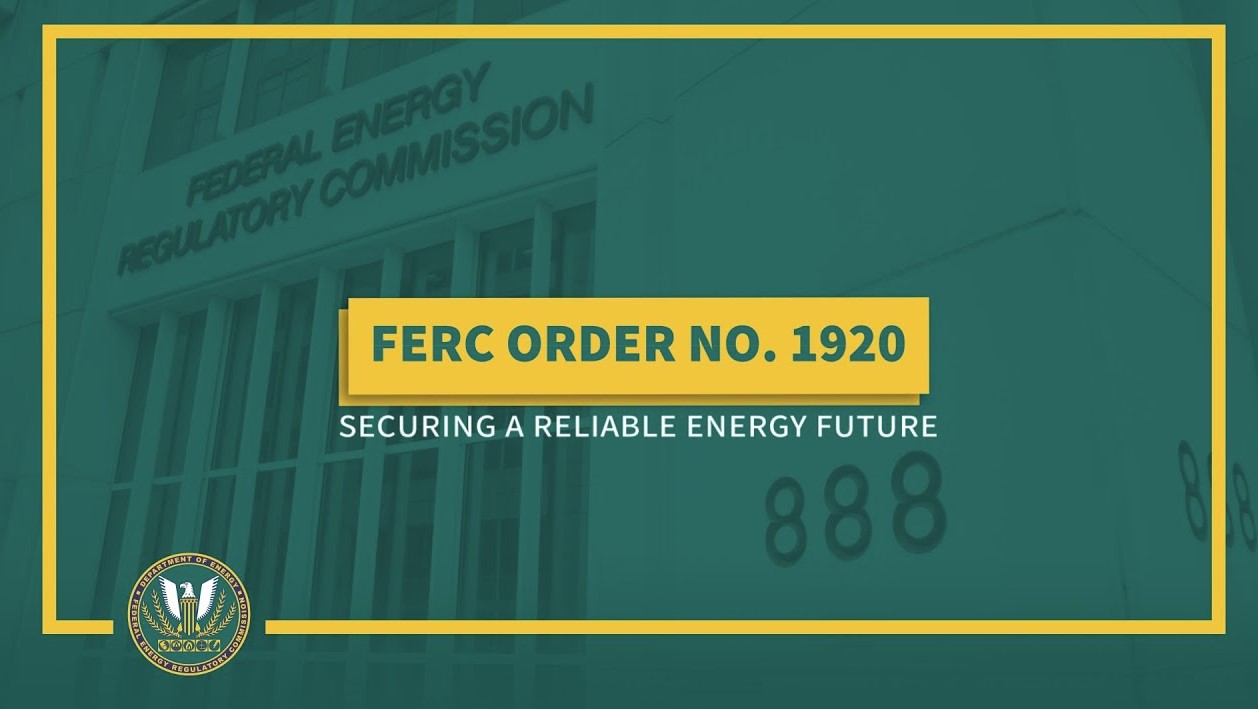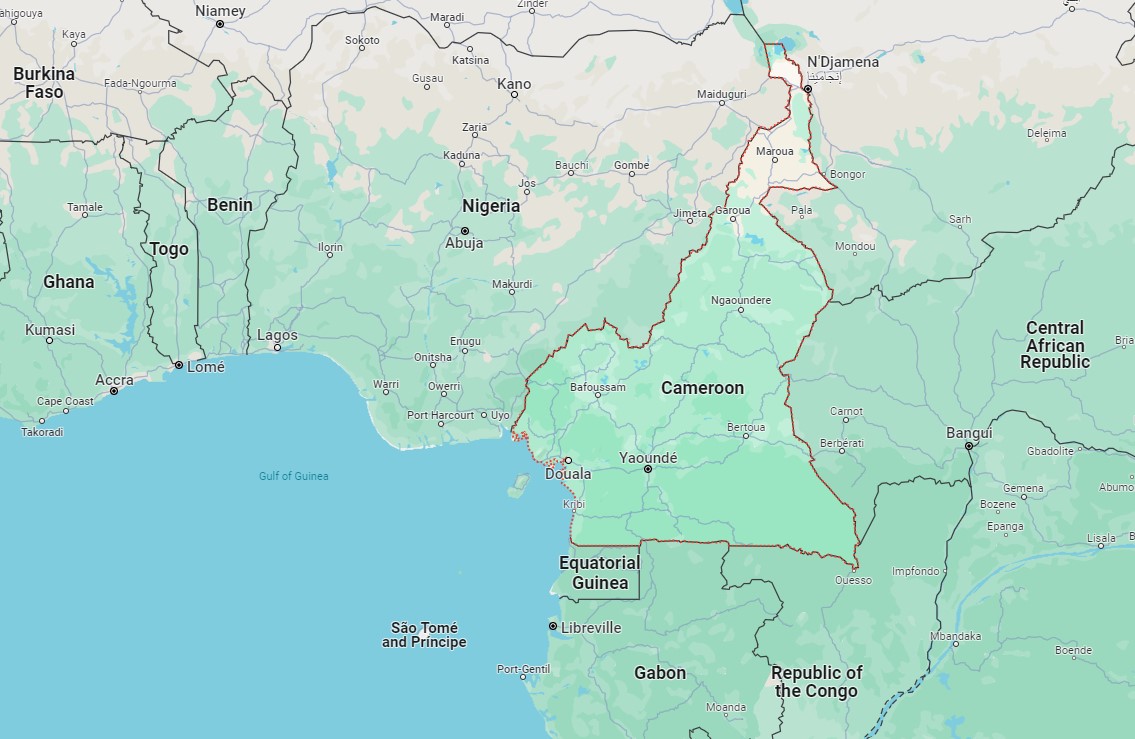On July 20th, the full House of Representatives passed the FY-23 Energy & Water Development Appropriations bill. The House Appropriations Committee report accompanying this bill includes several directives required of the Department of Energy (DOE). One of these stands out for advancing the efficiency of the electric grid.
The committee report language directs DOE to provide a report to the Appropriations Committee regarding “the environmental, economic, and clean energy deployment benefits of establishing an energy conservation standard for overhead electricity conductors.” This is the first step to establishing a conductor efficiency standard for overhead electrical conductors that would significantly improve the energy efficiency (reduce line losses) of the electric grid, and provide increased grid capacity so that some of clean and renewable projects waiting in the queue can be interconnected to the grid, reducing carbon emissions and lowering consumer energy costs. The full text of the report language (page 130 of House Report 117-394) follows:
“The Department is directed to provide to the Committee not later than 180 days after enactment of this Act a report regarding the environmental, economic, and clean energy deployment benefits of establishing an energy conservation standard for overhead electricity conductors that move electricity at voltages equal to or greater than 69 kV on the electric grid from sources of generation or storage into the distribution system for final delivery. For the purposes of the report, the standard should be based on the electrical resistance of such conductors as measured at 20 degrees Celsius. The report shall examine whether establishing such a standard will (1) reduce line losses and their associated emissions; (2) expedite the deployment of additional transmission capacity to clear interconnection queues and accommodate additional renewable capacity on the electric grid; (3) reduce transmission line sagging in wildfire-prone regions; (4) reduce permitting timelines for adding new transmission capacity to the electric grid; and (5) any additional matters the Department deems appropriate. The Office of Electricity shall coordinate with the Grid Deployment Office, the Office of Energy Efficiency and Renewable Energy, and the Federal Energy Regulatory Commission on the report.”
CTC Global’s Director of Public Policy, Mr. David Townley, stated: “This is an important next step forward at building a more efficient and modern electric power grid in the United States.”






